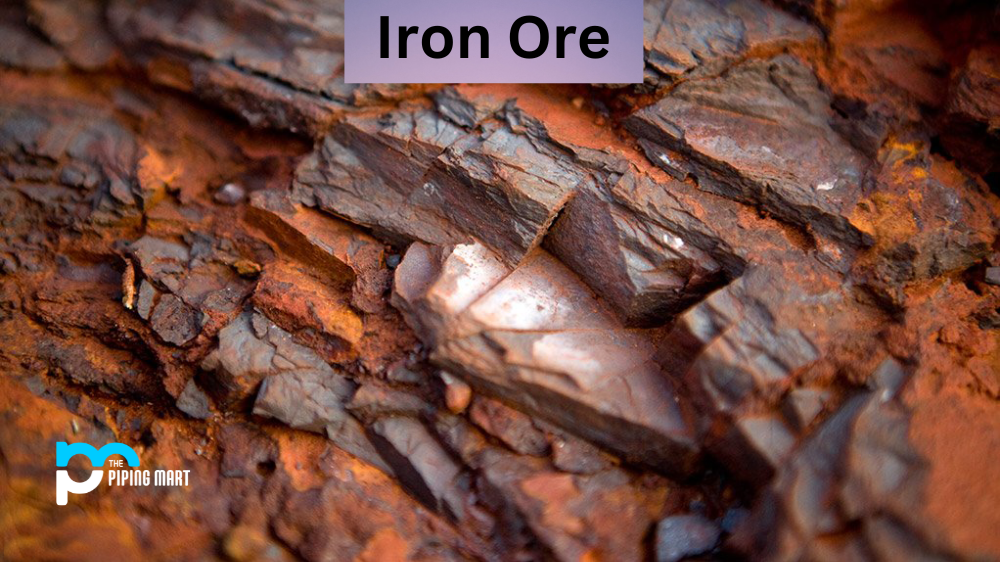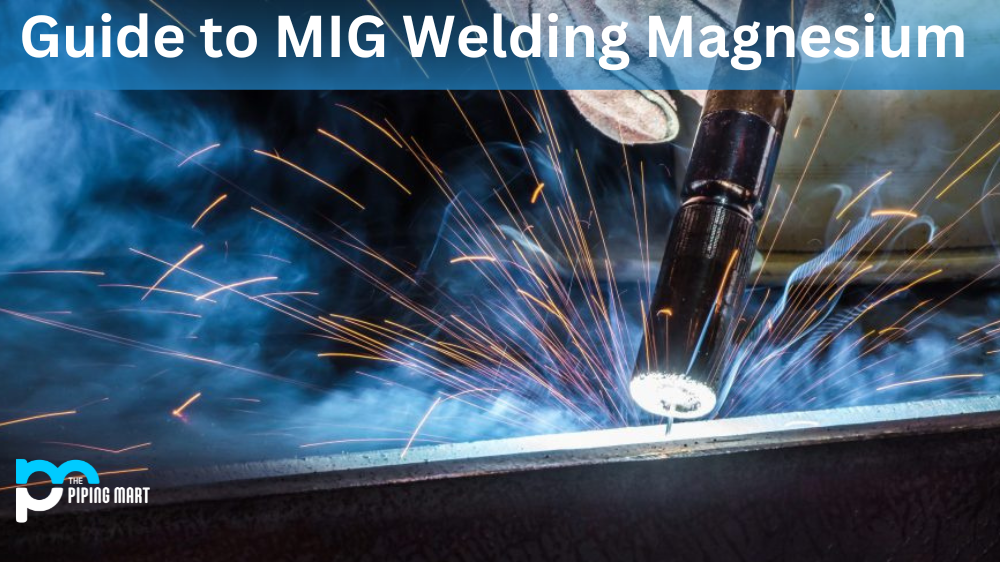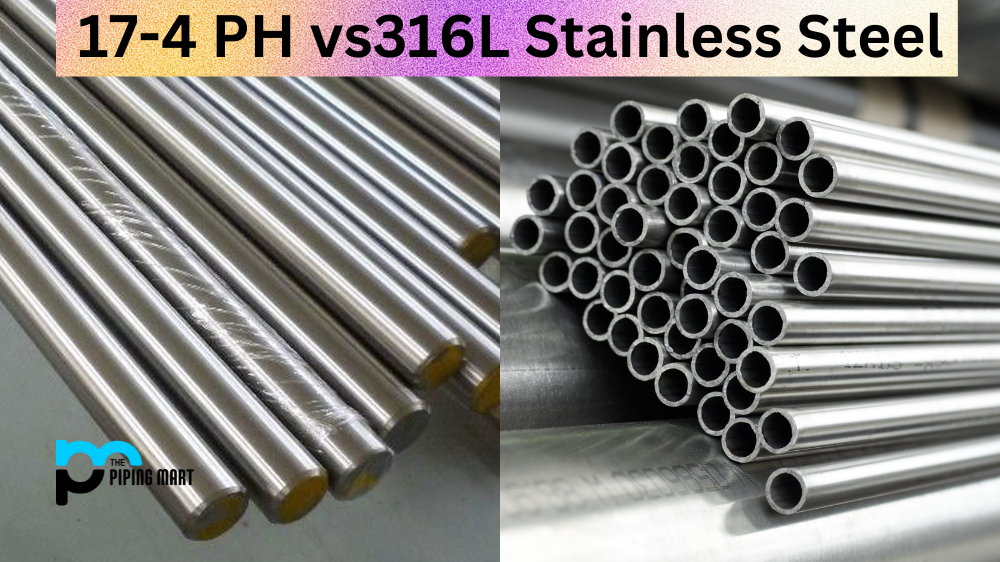The Earth’s natural resources are diverse and plentiful, and they can be used in various ways. One such resource is iron ore, which is an essential component in steel production. While iron ore has many advantages, it also has several disadvantages that must be considered when deciding its use. Here’s what you need to know about the advantages and disadvantages of iron ore.
5 Advantages of Iron Ore
One advantage of iron ore is that it is a relatively renewable resource because it can be extracted from the Earth’s surface without needing to dig too deep or use too much energy. This makes it much easier to obtain than other minerals or metals that may require extensive mining operations or large amounts of energy to extract them from their sources. Additionally, since it can be mined relatively quickly, this helps keep costs down for companies who need iron ore to make products from it.
Another advantage of iron ore is that it can be utilized in several different products and processes and is an essential component in steel production. For example, iron ore can be used in automotive parts, railroad tracks, building materials for construction projects, tools for manufacturing purposes, and even medical equipment. This versatility means that companies have more options when deciding how to utilize this mineral resource.
- Iron ore is an abundant mineral on Earth, one of the main minerals used by humans.
- Iron ore is a very strong and durable material that has a wide range of uses.
- Iron ore is relatively easy to mine and process, making it an excellent choice for construction and other applications.
- The high iron content of iron ore makes it an ideal material for use in the production of steel.
- Iron ore is also a popular choice for use in jewelry and other decorative items.
3 Disadvantages of Iron Ore
Despite its advantages, some drawbacks are also associated with using iron ore. For one thing, there are concerns about environmental damage due to mining operations needed to obtain the material from beneath the ground’s surface. This includes potential water pollution and soil contamination due to runoff from these operations. In addition, some regions may need more access to sources of high-grade iron ore due to their location or other factors such as political instability or lack of infrastructure for transportation or extraction processes.
Another disadvantage of using iron ore is its toxicity if not appropriately handled during the processing or product development phases. Some people working with raw materials may be exposed if proper safety precautions are not taken while holding them. Additionally, depending on where the source material comes from, there could be potential human rights violations related to those involved in obtaining the raw material, such as forced labor or child labor conditions associated with certain mines located overseas where regulations on working conditions may not be strictly enforced.
Extraction and Processing of Iron Ore Can Pollute the Environment
Iron ore extraction and processing can significantly impact the environment, including air pollution, water pollution, and acidification of ecosystems. Mining often releases large amounts of carbon dioxide and other greenhouse gases into the atmosphere. These emissions can contribute to climate change and cause various health problems for humans and other organisms. Extracting and processing iron ore can also release harmful pollutants into water resources, including mercury, lead, and arsenic.
Mining Iron Ore Can Displace Indigenous Communities
Mining operations often displace indigenous communities that have lived in an area for generations. In many cases, these communities need to be consulted about the plans for mining operations and are not compensated for losing their land or homes. This can lead to social disharmony and conflict within these communities. Additionally, indigenous people may rely on the natural environment for their livelihoods, such as hunting and gathering. The loss of their land can, therefore, significantly negatively impact their way of life.
Iron Ore Mining Can Threaten Ecosystems
Mining iron ore can negatively impact the environment, including air pollution, water pollution, and acidification of ecosystems. Additionally, it can displace indigenous communities and threaten ecosystems. If not properly regulated, iron ore mining can have significant environmental impacts long after closing the mine.
Conclusion:
Utilizing iron ore has its advantages and disadvantages, but at the end of the day, it remains a critical component used in many industries worldwide today. When dealing with any mining operation, due diligence should always be taken so that potential risks associated with environmental damage or human rights violations are minimized where possible. By understanding both sides of this complex issue, businesses will have all the information they need to make informed decisions about utilizing this vital mineral resource.

Hey, I’m Krutik, a casual blogger expert in the metal industry. I am passionate about providing valuable information to my readers. With a background in engineering and construction, I like playing Cricket & watching Netflix shows in my free time. Thank you for visiting my blog, and I hope you find my information helpful!




